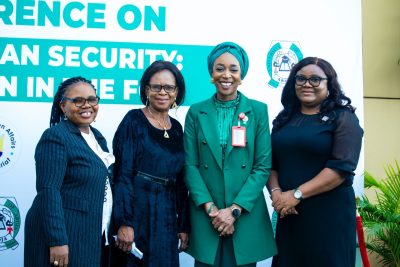On September 3rd and 4th, 2024, key representatives from FIDA Nigeria Abuja branch, including Chairperson Chibuzo M. Nwosu and Financial Secretary Mrs. Roseline Obiakor, participated in a two-day program organized by Dr. Adedayo Benjamins-Laniyi, Mandate Secretary.
The event was dedicated to addressing gender and human security issues with a specific focus on women in the Federal Capital Territory (FCT).
The program emphasized the critical role of women beyond the domestic sphere in combating insecurity. As primary caregivers, educators, and community leaders, women offer unique perspectives and solutions for addressing insecurity in the FCT.

Prominent Attendees and Keynote Speakers:
- Dr. Mariya Mohammed, Representative of the Honorable Minister of FCT
- Hajiya Imaam Suliaman Ibrahim, Minister of State, Police Affairs
- Mrs. Oghogho Hwabin Musa, President DEPOWA
- Mrs. Beatrice Eyong, UN Women Representative in Nigeria & ECOWAS
- Mrs. Jisalo, Wife of the Hon. Minister for Special Duties
- Lizzy Ayodele, Head of Legal & Protection, EFCC
- Chibuzor Maureen Nwosu, Chairperson, International Federation of Women Lawyers, Abuja Branch
Program Highlights:
- Role of Women: Women were recognized as pivotal in addressing security issues. The program focused on empowering women through education and training in community policing, cybersecurity, and conflict resolution.
- Technological Engagement: The event underscored the importance of women harnessing technology for security purposes, including participating in digital literacy programs and utilizing social media for community vigilance and media campaigns.
- Challenges and Solutions: On the final day, the Chairperson of FIDA Abuja, Maureen Chibuzor Nwosu, addressed significant challenges such as gender inequality, harmful practices (e.g., Female Genital Mutilation, child marriage), and digital threats. She advocated for training women and girls as paralegals to support gender equality and security advocacy.
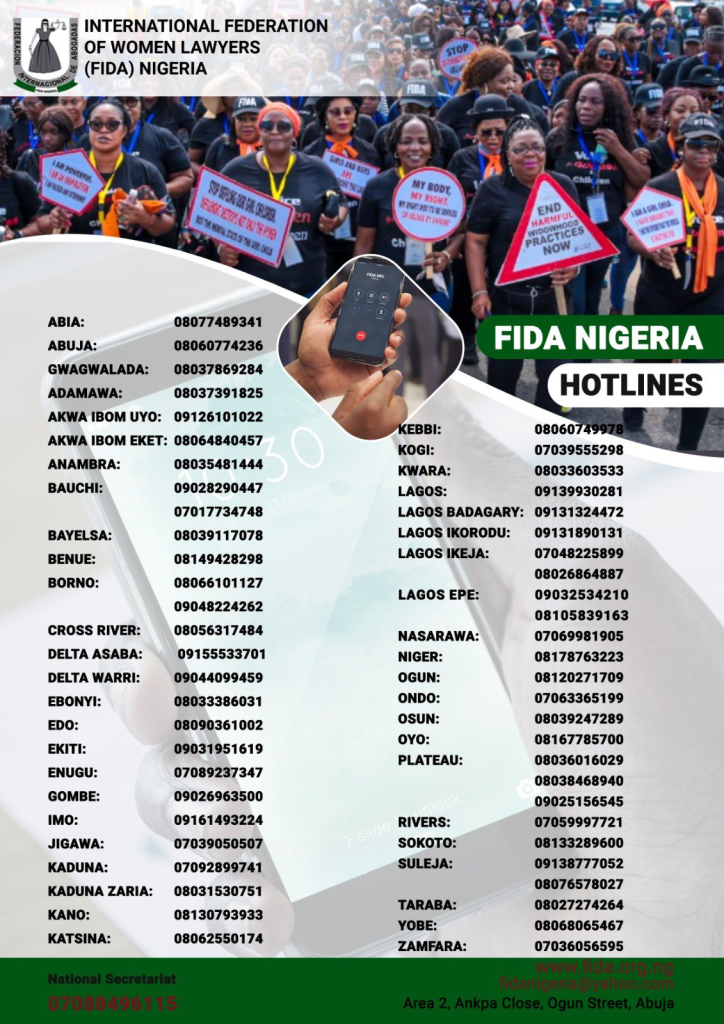
Recommendations:
- Community Engagement: Enhance community involvement in security initiatives.
- Capacity Building: Increase training and resources for women in security roles.
- Policy Reform: Advocate for and implement policy changes to support gender and human security.
- Collaboration: Foster partnerships with relevant agencies and stakeholders.
- Advocacy: Strengthen efforts to advocate for gender equality and security.
- Support for Survivors: Provide comprehensive support services for survivors of violence and discrimination.
- Social Media: Utilize social media for awareness and advocacy campaigns.
The program concluded with a consensus on leveraging community engagement, capacity building, and strategic partnerships to improve gender and human security in the FCT.

Please see attached pictures from the event for further insights.
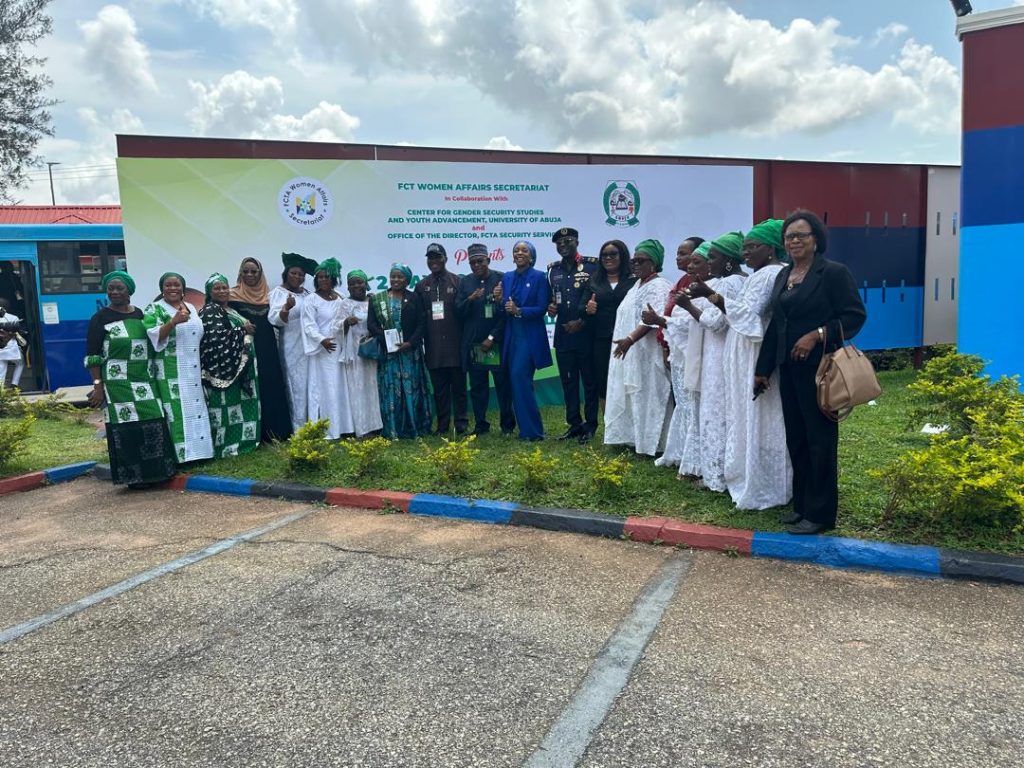
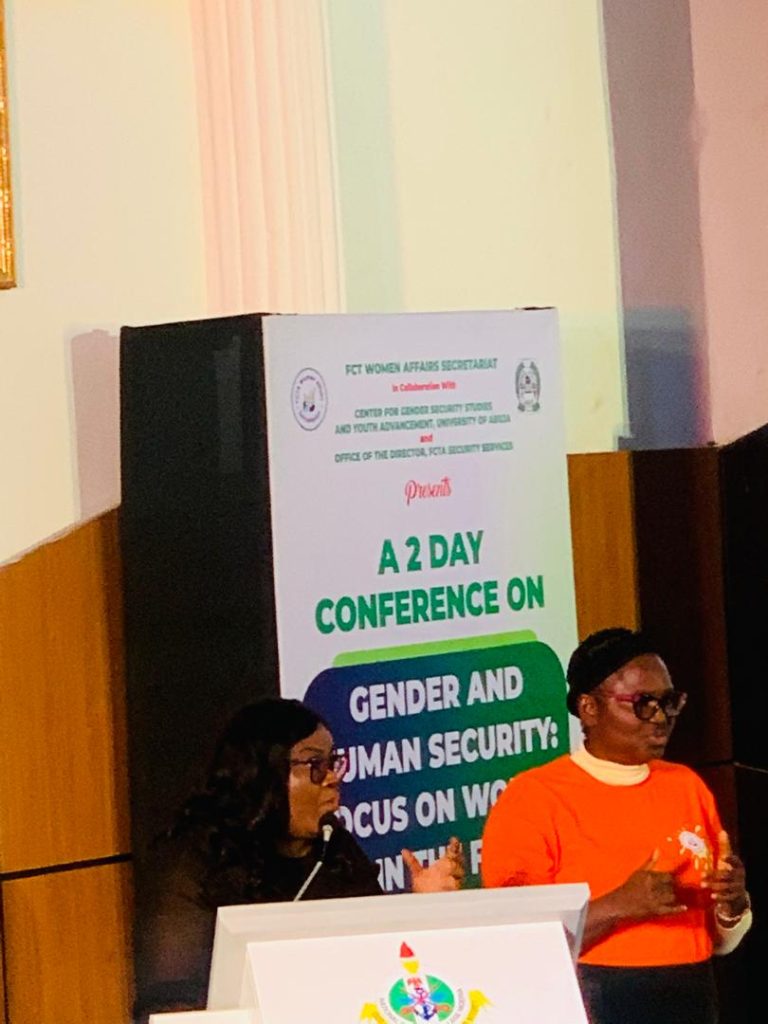
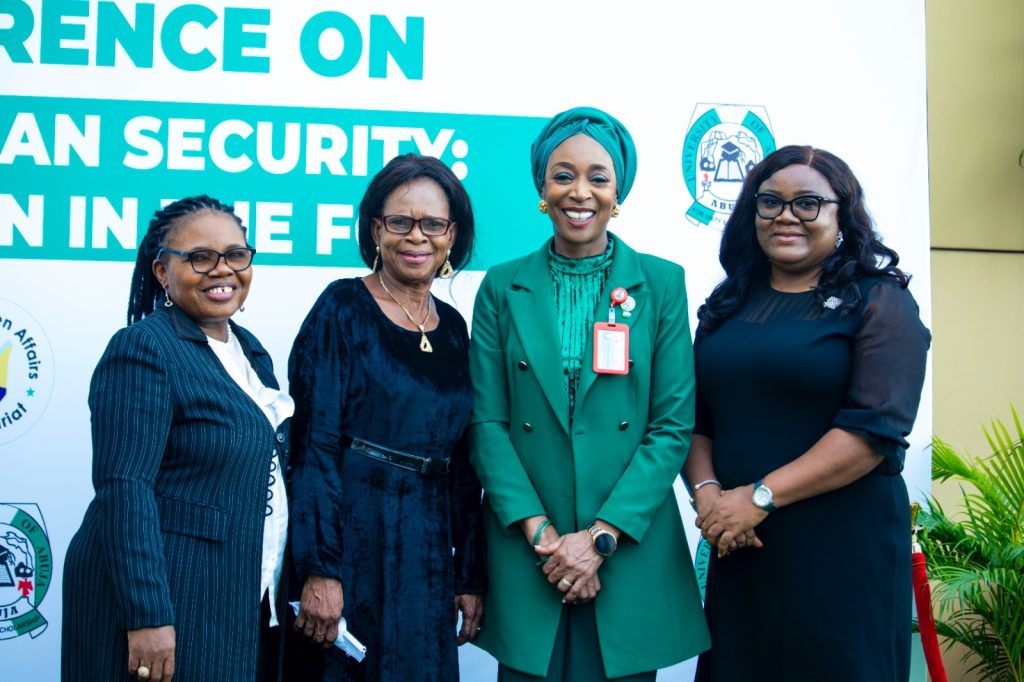
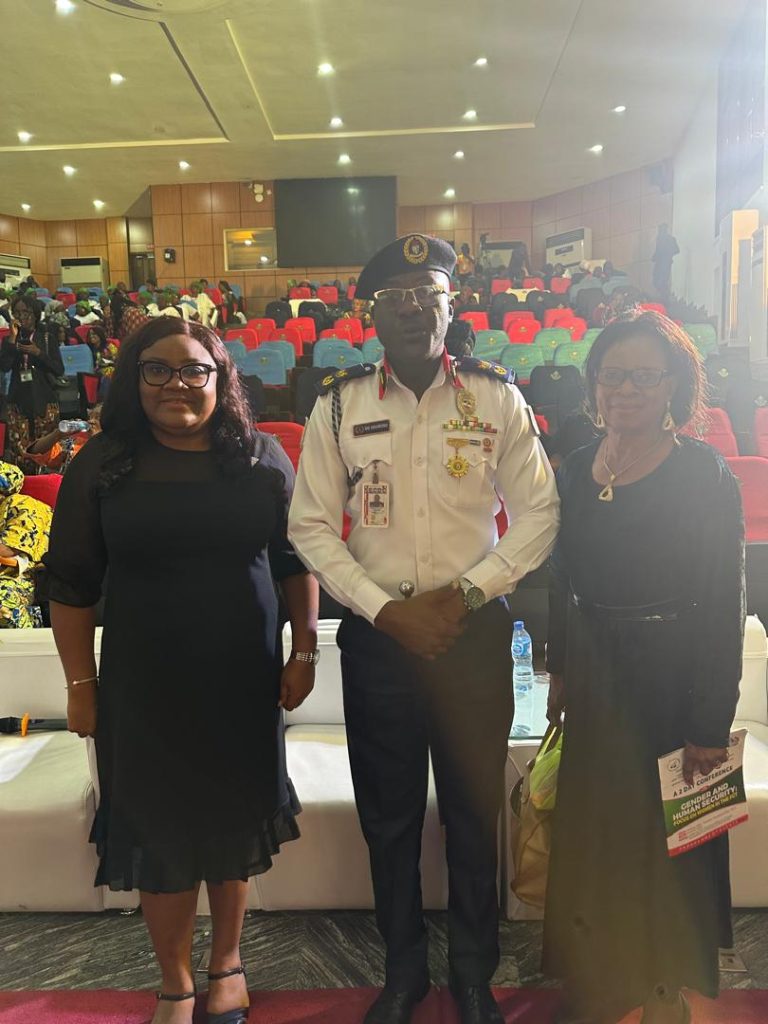
Thank you.
Olosen Victoria Ibiezugbe
Publicity Secretary



